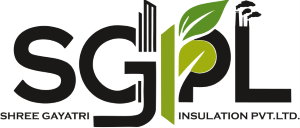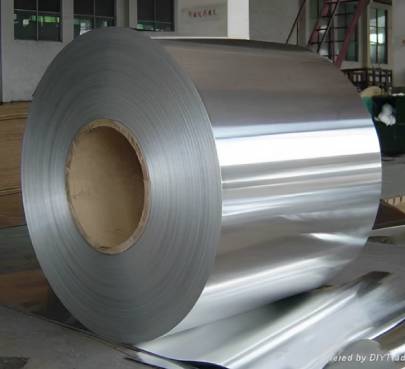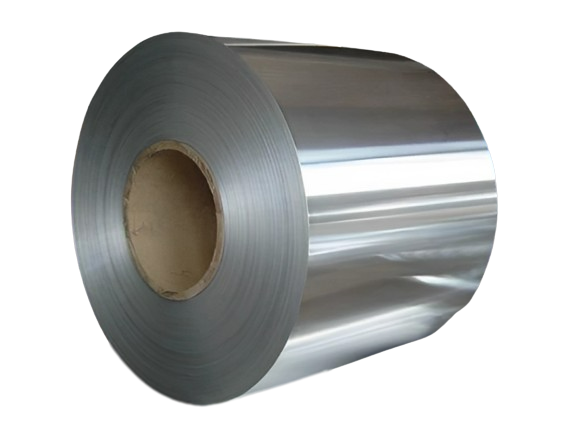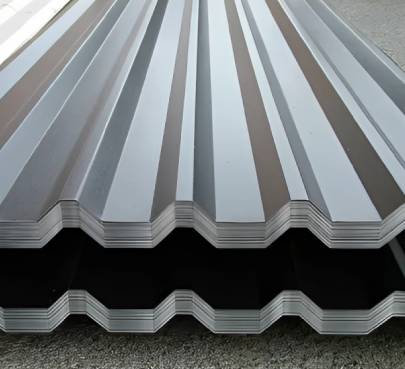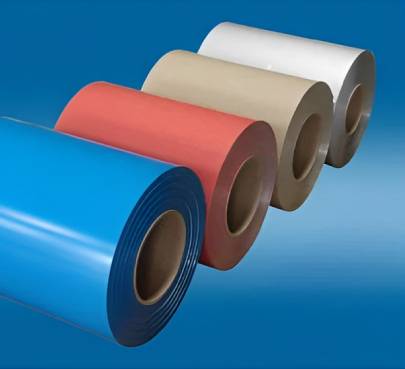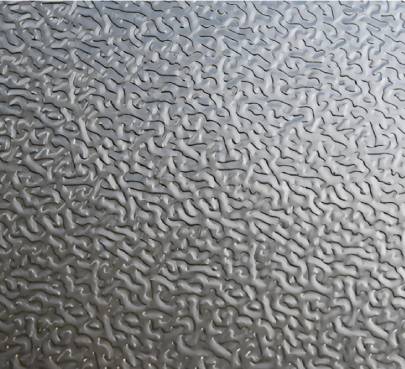Aluminium Sheet
Aluminum plain sheets serve as versatile materials extensively employed in the construction of metal insulation jacketing. Aluminum stands out due to its exceptional attributes, making it the preferred choice for insulation applications. Let’s delve into the benefits and key properties of aluminum sheets:
Key Properties
- Alloys: Common alloy options include AA 3003, AA 3105, AA 8011, and AA 1200.
- Temper: Typically available in H14 and H16 temper conditions.
- Standard Widths: Offered in widths of 914 mm and 1220 mm.
- Formats: Aluminum sheets are accessible in both sheet and coil forms, with each coil weighing between 250 to 325 kgs.
- Customizable Lengths (Coil Form): Tailored to meet project-specific requirements.
- Thickness Range: Available in thicknesses ranging from 0.38 to 1.22 mm, with a preferred thickness of 0.56 mm (equivalent to 24-gauge).
Advantages
- Remarkable Durability: Aluminum sheets boast an extended operational lifespan and require minimal maintenance.
- Ease of Shaping: Aluminum, being highly malleable and non-brittle, facilitates effortless on-site fabrication, ensuring that it doesn't fracture or break during or after installation.
- Corrosion-Resistant: Aluminum exhibits outstanding resistance to corrosion across a broad spectrum of environments. Its aesthetic appeal remains intact even in highly corrosive industrial settings, including exposure to fumes and vapors from various chemicals like Ammonia, Carbon Dioxide, Hydrochloric Acid, Nitric Acid, and Sulphuric Acid.
- Aesthetic Excellence: Aluminum sheets exhibit a bright and appealing appearance that enhances the visual appeal of structures. They are available in an array of finishes, colors, and textures, further elevating their protective and aesthetic qualities.
- Enhanced Thermal Insulation: Despite its good heat conductivity, aluminum excels in reflecting radiant heat and light, with initial reflectivity ranging from 75% to 80% when new, gradually reducing to 60% over time. This characteristic helps maintain interior temperatures in aluminum-clad buildings up to 50-80 degrees Celsius cooler during summer and minimizes heat loss during winters, ensuring a consistently comfortable indoor environment.
- Sturdy and Damage-Resistant: In contrast to heavier materials like lead and zinc, aluminum sheets possess the ability to support their own weight under fluctuating temperature conditions without undergoing deformation or damage.
Manufactures We Have



